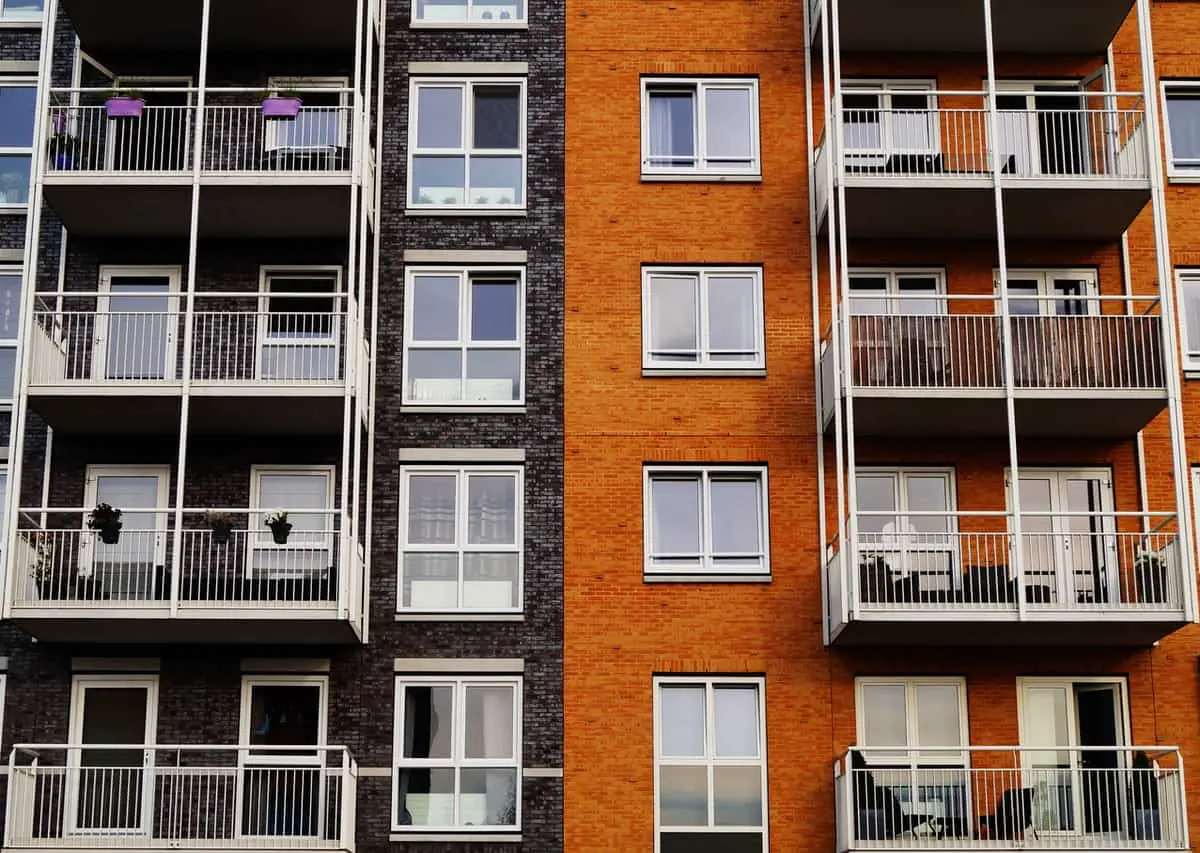When moving to a new city, finding an apartment that fits your budget can be quite the challenge, especially if you’re on a tight schedule and need to find an apartment quickly. Follow these eight tips to find an affordable and reliable apartment in no time at all!
1. Use Social Media
Craigslist is great, but if you have time on your hands and are technologically savvy, use Facebook or Twitter. Your friends probably know of at least one person looking for an apartment and will be happy to help you out. Plus, there’s no need to head over to that sketchy apartment alone. Just hit up one of your connections!
It’s also worth calling some local real estate companies; they often have private lists of apartments and can recommend places they know aren’t scams. If you’re in college, check with your student organization (like a fraternity or sorority) as well; these groups often list off-campus housing options on their social media feeds.
2. Look at Housing Applications
There are tons of online housing applications out there that make it easy to find cheap apartment rentals, so start applying! Just know that while filling out your rental application online is convenient, you might be missing out on some important information.
For example, applicants who walk into an office building instead of typing their information in might get asked questions not included on an online application.
You could also see extra features in person—like pet-friendly housing or access to rooftop gardens—that wouldn’t show up on your paper form. When looking at apartments for rent, always try to visit them in person if possible; never fill out an application from home before seeing the actual space.
3. Reduce Your Job Commute

The average American spends over 250 hours commuting every year. Imagine how much more productive you’d be if you reduced your commute! If your job or residence are both in an undesirable location, try searching for jobs closer to home or farther from home.
You might find that with a longer commute, you’re able to live somewhere cheaper, but don’t forget about all of those extra hours spent sitting in traffic. Evaluate which option will save you more time and money so that when push comes to shove, you can make an informed decision that works best for your needs.
4. Move During the Off-Season
If you’re planning on relocating to reduce your housing costs, don’t make your move during peak season. You’ll probably pay more than you have to and increase your chances of needing a temporary place to stay (the dreaded hotel).
Move in March or September when rents are typically lower because people aren’t yet looking for fall places and summer vacationers are long gone. Moving off-season can save you hundreds of dollars each month.
5. Look at Classified Ads

While classified ads aren’t as popular as they used to be, you can still find some great bargains among them. Look in your local paper or check out websites like Craigslist, which let you search by location and price range.
Remember, if it seems too good to be true, it probably is—be sure that cheap apartments are available for rent and that you can get at least two or three references from past tenants before sending in your money. This isn’t an area where you want to cut corners. If possible, hire a lawyer or visit in person before agreeing on anything else.
6. Rent From Friends or Family
While it may seem counterintuitive, it can be smart to rent from friends or family. For one thing, they’re probably trustworthy and likely won’t try to rip you off. But more importantly, you can use them as references and create your own professional network before even moving into your new apartment. (Tip: You might also ask other friends if they know anyone who wants to sublet or has extra space.)
You could even offer your services—such as pet-sitting or property-maintenance help—in exchange for cheap rent. The next time they need something done around their place, they’ll be calling you first!
7. Get Someone You Know to Help You Out With the Search

Even though you may be an adult, it can be tough to get settled in an apartment without any friends or family nearby. Use their guidance and support as you look for your new place!
Sometimes all it takes is someone who knows you well giving you some advice on what neighborhoods might be a good fit for your personality. Even if they don’t know where you should end up, at least having another set of eyes will help make sure that no red flags are flying when it comes time to sign a lease.
8. Ditch Cable/Internet and Move Somewhere Else Cheaper
It’s easy to lose perspective on how much you’re paying in rent when your total bill comes out over $1,000. Before you begin apartment hunting, consider if your cable and internet really adds that much value to your life. If it doesn’t, then there is no reason not to live somewhere cheaper.
One way or another, you might be able to make do with cheaper versions of both utilities and save yourself some money. When you’re budgeting for rent, include at least one extra number in your calculations – your monthly utility expenses because they could end up being lower or higher than you think they will be.
Final Words
A good real estate agent will be experienced in finding homes that are up-to-code, have been well cared for and are located in decent neighborhoods. An agent can help you narrow down your search based on desired neighborhood, price range, and amenities like gym access or nearby parks.
The more time you spend with an agent, the better chance you have of finding a good home at a reasonable price. Sometimes landlords even offer specials or incentives – like two months’ free rent – to people who use agents when they lease their property.
Online Dating
Looking to play the field from your new apartment? Check our online dating guide for advice!




































